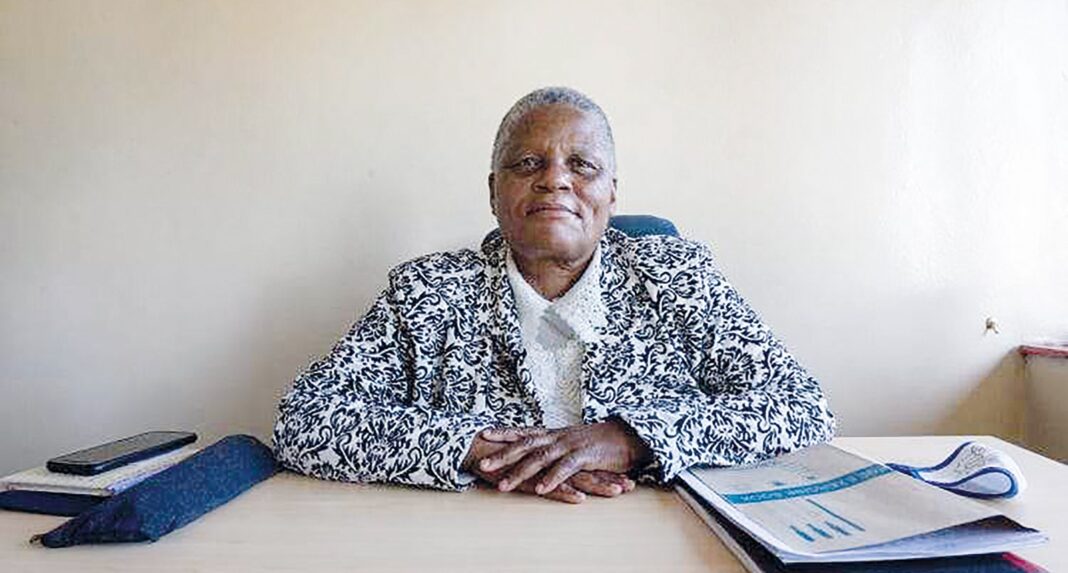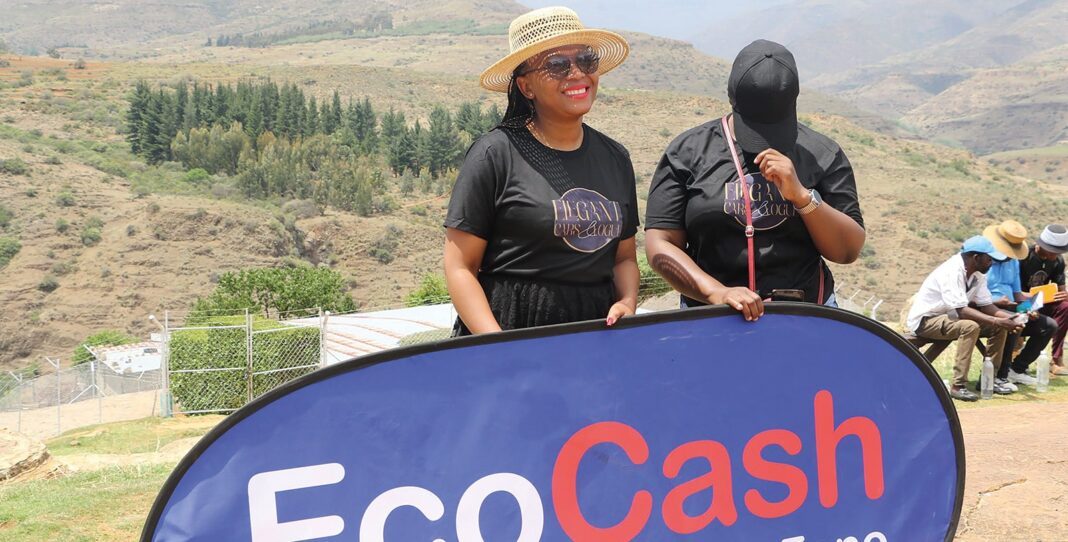The Tobacco and Alcohol Product Levy Act 2023 came into effect on March 1 this year. The law imposed tax on tobacco and alcohol products at all stages of the business cycle. The government intended to use the legislation to influence acceptable or normal consumption of such products. It was also expected to increase revenue for development programmes in the country. The levy rate for tobacco products was 30 percent while the rate on the alcoholic products would be 15 percent. Following an outcry from traders over the crippling impact the law had on business, government slashed the levies by half on October 1, much to the chagrin of anti-drug groups. theReporter’s Seleoe Nonyane spoke to the executive director of one such group, the Anti-Drug Abuse Association of Lesotho (ADAAL), Mphonyane Mofokeng, at the association’s media advocacy workshop last week.
What is ADAAL and what does it do?
ADAAL is a registered non-governmental, civil society organisation that was established in 2001 and registered at the Law Office in 2002 under registration number 2002/28. The mandate of ADAAL is to contribute towards reduction of alcohol, tobacco and drug-related problems and prevention of early initiation to substance use in Lesotho, thus, curbing both communicable and non-communicable diseases.
What was the objective behind the workshop?
The advocacy training was a way of involving media houses in developing messages that will increase people’s awareness, knowledge and understanding of the importance of the Tobacco and Alcohol Levy and its intended contribution towards the development of the country, and reduction of alcohol-related problems.
What are your thoughts on the Tobacco and Alcohol Levy Act of 2023, its implementation and what is happening currently?
As the association we were happy when the levy was introduced and this confirmed that the country was moving in the right direction as we believe that alcohol taxation will reduce consumption which harms Basotho’s lives. We were quite shocked when the minister of finance and development planning, Retšelisitsoe Matlanyane, last month announced that the levies that were introduced in March this year would be revised effective from October 1, 2023.
This is because we believe that when the cost of alcohol is higher not everyone will be able to afford it and the number of consumers will decrease. We believe that there was a slight decline in alcohol consumption since the introduction of the levy. Although not visible to the naked eye, we believe that in the long run, we would be able to see a significant change in the drinking patterns of Basotho.
Studies have repeatedly found that increasing the price of alcohol is associated with reductions in consumption and alcohol-related morbidity and mortality, including liver cirrhosis deaths, violence, drunk–driving and sexually transmitted infections.
My question to the government is, “Does it care to know how many people are interested in the tax on alcohol?” There should be further consultations on the issue of levies.
In your presentations you touched a little on the Alcohol Policy and what it entails; how far is the policy and when will it be implemented?
The policy is a tool that is set to control the selling, consumption and accessibility of alcohol in Lesotho.
We had an alcohol policy of 2007 but it was retrieved because it was not evidence-based and health-focused. At the time the ministry of tourism was the custodian of the policy and later the ministry of health took over because issues related to alcohol are a public health matter.
In 2012, the ministry of health called a stakeholder meeting with the objective of compiling the first draft, which was done successfully. But missing from the draft were the public’s observations which needed to be included before the draft could be presented to the national assembly for further deliberations.
We ran campaigns to capture the public’s views on alcohol. All the processes were followed in order to be heard by the government. However, we hit a brick wall each time a new government came into power and we would start everything from scratch.
So, the policy remains a draft to this day. It contains issues such as the availability, affordability and access to alcohol, taxation, marketing and community awareness.
How crucial is the implementation of this policy?
The policy needs to be handled as a matter of urgency especially judging from the risk that alcohol poses to the country and its citizens’ well-being. We need to have a driving tool that will guide the nation on alcohol-related issues.
We need a policy that will regulate the number of alcohol spots in one area, which is now becoming a great concern as these places keep emerging on a bigger scale.
We also need the policy to regulate when should these places open and close. Even the issue of public drinking is touched on in the draft. Where there are laws, there is better management of alcohol.
What implications does the heavy consumption of alcohol have on Lesotho?
Unregulated consumption of alcohol is a threat to Lesotho, but what stands out the most is the gender-based violence (GBV) which in most cases is a result of alcohol consumption. Violence against women shows that it occurs when couples are drinking.
Other problems caused by alcohol include injuries caused by accidents, child abuse and increased violence.
In what ways can this heavy consumption of alcohol be prevented?
It is reported that since 2006, eight meta-analyses systematically summarised results of relevant econometric studies. The review consistently found that a price increase leads to a decrease in consumption.
When prices go down, consumption goes up. Price increases lead to reduced rates of suicide, traffic injuries, and sexually transmitted diseases among young people. Adult drinkers are also responsive to changes in alcohol prices.
There is also a reduction in heavy episodic alcohol use. According to the World Health Organisation (WHO), SAFER is an acronym for the five most cost-effective interventions to prevent and reduce alcohol-related harm. The “S” stands for strengthening restrictions on alcohol availability, and the “A” stands for advancing and enforcing drink–driving countermeasures. The “F” stands for facilitating access to screening, brief interventions and treatment while the “E” stands for enforcing bans or comprehensive restrictions on alcohol advertising, sponsorship and promotion. The “R” stands for raising prices on alcohol through excise taxes and pricing policies.








